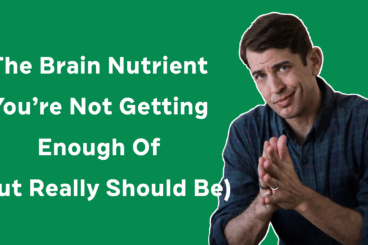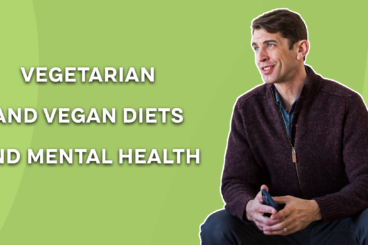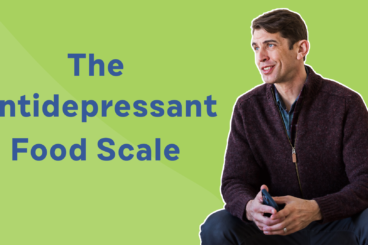Vitamin B12 is essential to building and maintaining a healthy brain. You need B12 to make myelin, which insulates the axons (think nerve cell “threads”) of brain cells. You also need B12 to make neurotransmitters (hormones) that are key to mood and memory. It also is vital for proper cellular metabolism, DNA synthesis, and the regulation of fatty acids. B12 is a key “methylator,” and reduces homocystiene, high levels of which are associated with depression and heart disease. This is the big kahuna of vitamins, one of the largest molecules we absorb. Have a look at that 3d model!
The only thing on the planet that makes B12 are bacteria, which happen to grow in the stomachs of animals such as cows, goats, fish and shellfish primary sources. B12 is one of the best arguments for the consumption of some meat and animal products. Strict vegans must take B12 in supplement or risk irreversible nerve damage.
Parietal (wall) cells in the human stomach make a special protein called intrinsic factor needs for the absorption of B12. And acid is needed to separate B12 from other molecules in food. Especially at risk of deficiency are individuals with digestive problems like gastroesophageal reflux disease (GERD), celiac disease, or an irritable bowel disorder. Some acid blocking medications like Omemprazole disrupt B12’s absorption.
Low levels of B12 cause irritability, low moods, low energy, anxiety, anemia and cognitive decline. Long-term effects of B12 deficiency are heart disease, cancer, and Alzheimer’s disease
Top Farmacy Sources: Clams, Fish, Grassfed Beef, Yogurt, Cheese, Eggs



